Northwest Syria is in the midst of a “very high number” of cholera outbreaks in the wake of deadly earthquakes that exacerbated an already dire humanitarian landscape, the UN’s humanitarian affairs chief has said.
“The risk of disease is growing amid preexisting cholera outbreaks,” Martin Griffiths told the Security Council on Tuesday, three weeks after the deadly February 6 temblors devastated wide stretches of Syria and Türkiye.
“The prices of food, household costs, other essential items climb higher.” he said.
Immediate action needs to be taken to restore drinking water to the people of the region to address “the pervasive threat of cholera in Syria, northwest and beyond,” he added.
More than 50,000 people have died in Türkiye and Syria following the quakes, which toppled thousands of buildings and caused major damage throughout the region.
In Syria, Griffiths said, hundreds of buildings remain at risk of collapsing with thousands in the city of Aleppo potentially needing to be demolished.
“Many people, of course, are afraid to return to their homes yet to be certified safe,” he said.
READ MORE: How does aid get into opposition-held northwest Syria?
At least 7,259 Syrians were killed in the February 6 deadly earthquakes that rattled northern Syria and southern Türkiye, according to a Syrian rights group on Tuesday.
In a statement, the Syrian Network for Human Rights (SNHR) said 2,534 people were killed in regime-held areas in Syria and 394 others in areas outside the regime’s control.
The group said 4,331 Syrian refugees were also killed in the earth quakes in Türkiye.
According to the rights group, 2,153 children and 1,524 women were among the victims.
The magnitude 7.7 and 7.6 quakes, centered in Türkiye’s Kahramanmaras province, affected some 13 million people across 11 provinces, including Adana, Adiyaman, Diyarbakir, Gaziantep, Hatay, Kilis, Malatya, Osmaniye, Elazig and Sanliurfa.
READ MORE: Live updates: Scale of quake destruction in Türkiye ‘massive’ – WHO chief

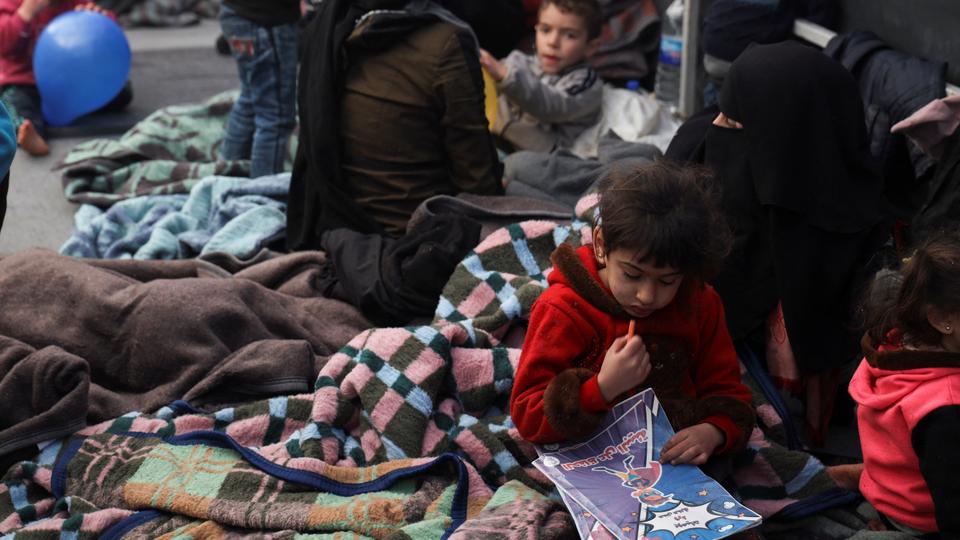

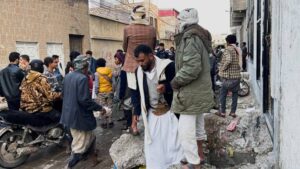

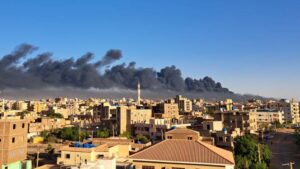

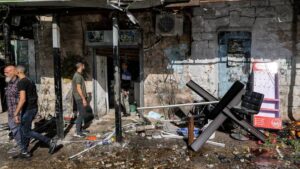









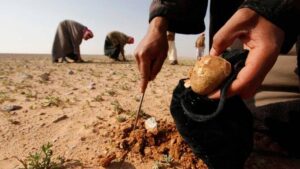



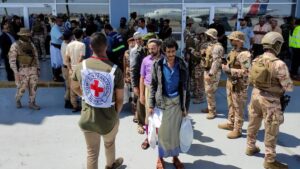



![Deputy Minister of Saudi Foreign Ministry, Waleed El Khereiji [R], meets with Syrian Minister of Foreign Affairs Faisal Mekdad in Jeddah, Saudi Arabia, on April 12, 2023.](https://www.infonewsall.com/storage/0m_153832_sau20230412saudiarabiasyria_1681335069352-300x169.jpg)




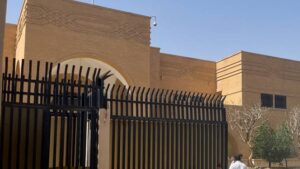





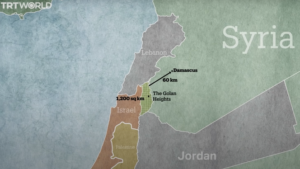














Be First to Comment